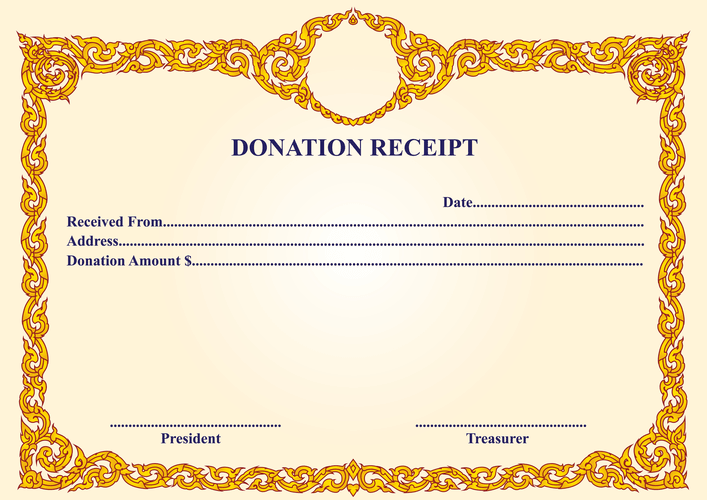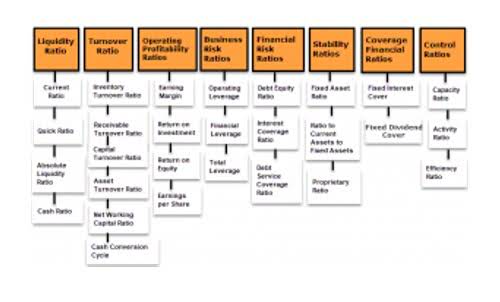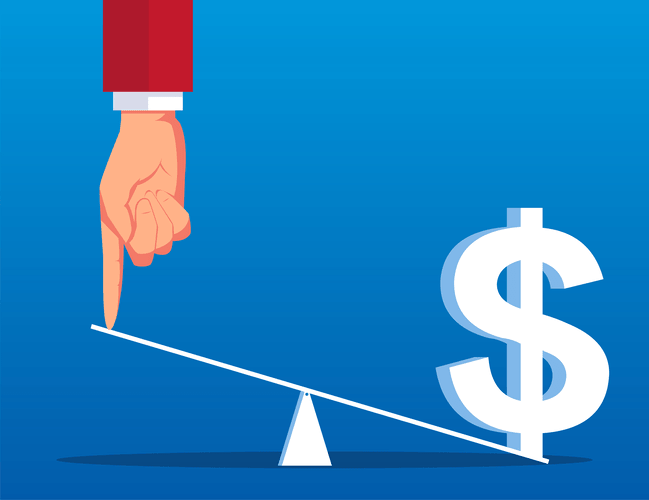How to Make Entries for Accrued Interest in Accounting

An accrued expense can be an estimate and differ from the supplier’s invoice, which will arrive at a later date. Following the accrual method of accounting, expenses are recognized when they are incurred, not necessarily when they are paid. petty cash Audits are a standard part of doing business, and accrued expenses are often a focal point. Auditors scrutinize these entries to ensure they are accurate and comply with accounting standards.

VAT on accruals
- This is because the company is expected to receive future economic benefit from the prepayment.
- Since cash basis accounting only recognizes expenses when the invoice has been received, it has no use for accounts payable or accounts receivable.
- (iv) as for your Alice in Wonderland statement that "we don't know if Caroline has discussed the matter with the external accountants".
- There are other advantages and disadvantages to accrued expenses that need to be considered.
- If scenario 2 is followed, a payable will be created for the vendor.
- An accrued expense—also called accrued liability—is an expense recognized as incurred but not yet paid.
Therefore I would leave out the VAT, will continue to do so, and would challenge any suggestion that my accounts should be changed (not that I expect such a nonsensical challenge). For companies still using manual processes to manage accounting, accruing expenses can be overwhelming. If you’re using an automated accounting software application, there is usually an option to have accruals automatically reverse. When you receive the invoice on May 6, you will need to reverse the accrual, using the following journal entry. But if the bill had not been received until the following month, the accounting department would accrue the expense for March.

Year-end Accruals

A critical component to accrued expenses is reversing entries, journal entries that back out a transaction in a subsequent period. Because of additional work of accruing expenses, this method of accounting is more time-consuming and demanding for staff to prepare. There is a greater chance of misstatements, especially if auto-reversing journal entries are not used. In addition, a company runs the risk of accidentally accruing an expense that they may have already paid. Accrued expenses are generally short-term expenses that will be paid within a month of when they are incurred. If we expect to pay accrued expenses them within a year, we’ll note them on the balance sheet as current liabilities.
- We don’t know whether she’s discussed the matter with the external accountants.
- This means that three days of work fall into the current month but won’t be paid out until the next payroll cycle.
- Afterward, build your skills in accounting with the University of Illinois' Fundamentals of Accounting Specialization.
- Many accounting software systems can auto-generate reversing entries when prompted.
- In other words, these expenses might appear before an actual invoice is received.
Example Journal Entry for Accrued Wages
In accrual accounting, expenses are recognized when they are incurred, not when the cash is paid. In cash basis accounting, you record income and expenses only when cash changes hands. Accrued expenses are expenses that a business incurs but hasn't paid yet. For example, a company might receive goods or services and pay for Bookkeeping for Etsy Sellers them at a later time.

The most difficult part of recording accrued expenses is remembering to actually complete the journal entry and then reverse it on a later date when an invoice is received or payment is made. To record those expenses in the period when they occurred, they need to be accrued. As part of the month-end adjusting journal entry process, accrued expenses are necessary to properly account for expenses and to maintain financial statement and general ledger accuracy. However, your accounting period—when your company records and tracks transactions—ends in the middle of the payroll cycle. By then, your employees have worked for one week, but you haven’t paid them yet. That week’s wages fall into an accrued expense because the work is done, but you haven't yet made the payment.

